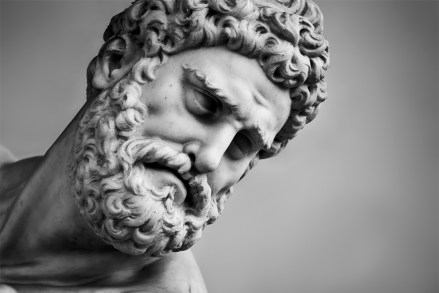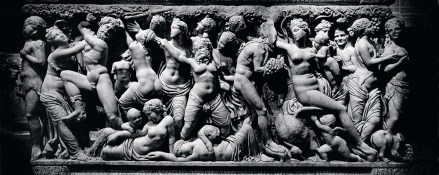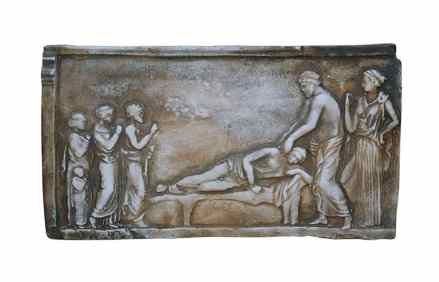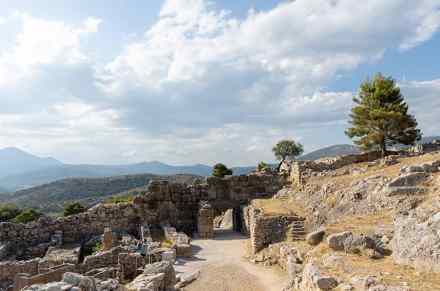How to crack election jokes like a Greek
As the party of the lost and the party of the losers square up to each other, the next few weeks bid fair to raise tedium to an excruciating new level. Still, one can always rely on the c. 4,000 epigrams of the Greek Anthology (7th century bc – 6th century ad) to provide some light relief. ‘We arrived at Apelles’ for supper./ He’d stripped his garden bare./ It looked as if he was feeding his sheep,/ Instead of his friends gathered there,/ With radish and lettuce and chicory too,/ And leeks, mint and onions, and basil and rue./ And fearing we’d soon be presented/ with a nourishing helping of





















